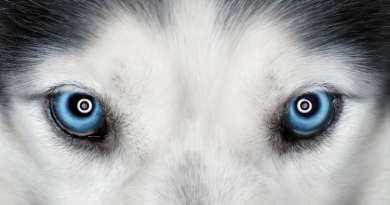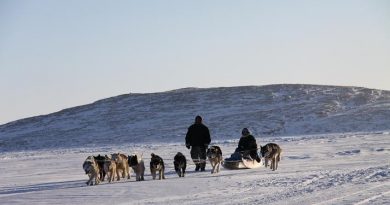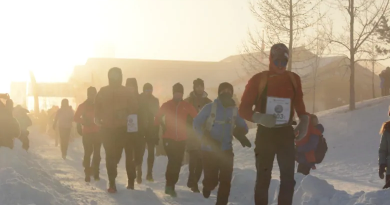Delay on gender violence action plan a “disappointment,” says Canadian Inuit women’s org
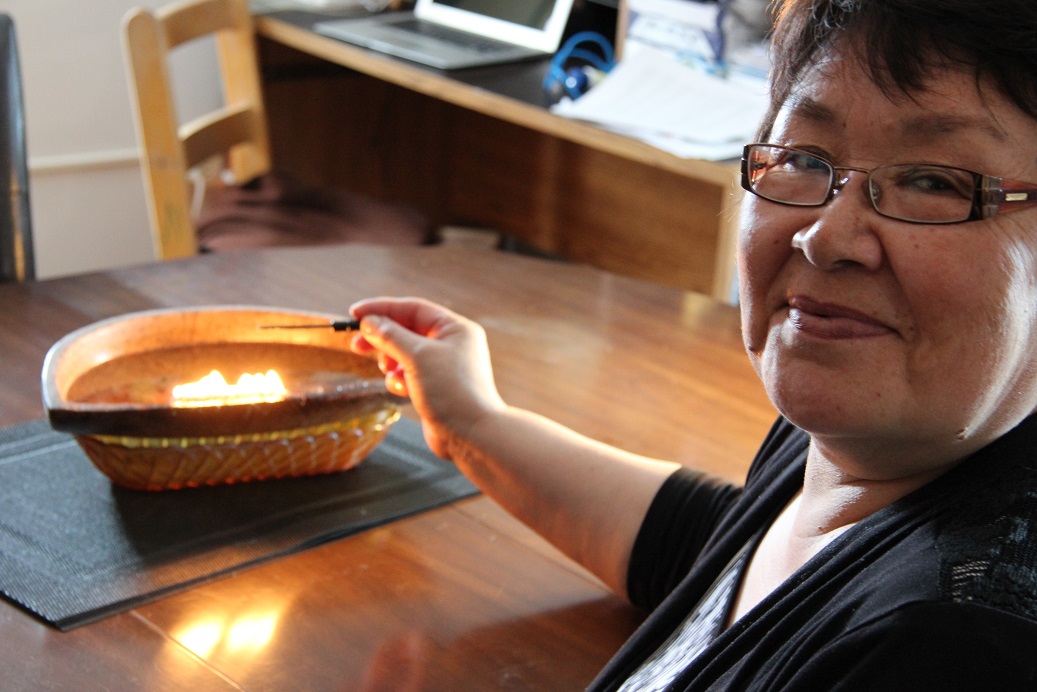
The organization that represents Inuit women in Canada says its disappointed by the government’s announcement this week that it was delaying the action plan that’s to come out of Canada’s National Inquiry into Missing and Murdered Indigenous Women and Girls (MMIWG).
“A year after the MMIWG Inquiry’s final report, it is very disappointing to find out that the National Action Plan on MMIWG will not be ready by June,” said Rebecca Kudloo, President of Pauktuutit Inuit Women of Canada, in a news release on Thursday.
“Victims’ families participated in the Inquiry in good faith and with a great deal of pain. They need to know that their testimony was heard and valued and that it has led to positive change.”
This week, Canada’s Minister of Crown-Indigenous Relations Carolyn Bennett told CBC News, the English-language service of Canada’s public broadcaster, that more work needed to done on the strategy, and that although virtual meetings and consultations were ongoing, COVID-19 had delayed the government’s timeline and that they could no longer give a fixed date for the action plan’s release.
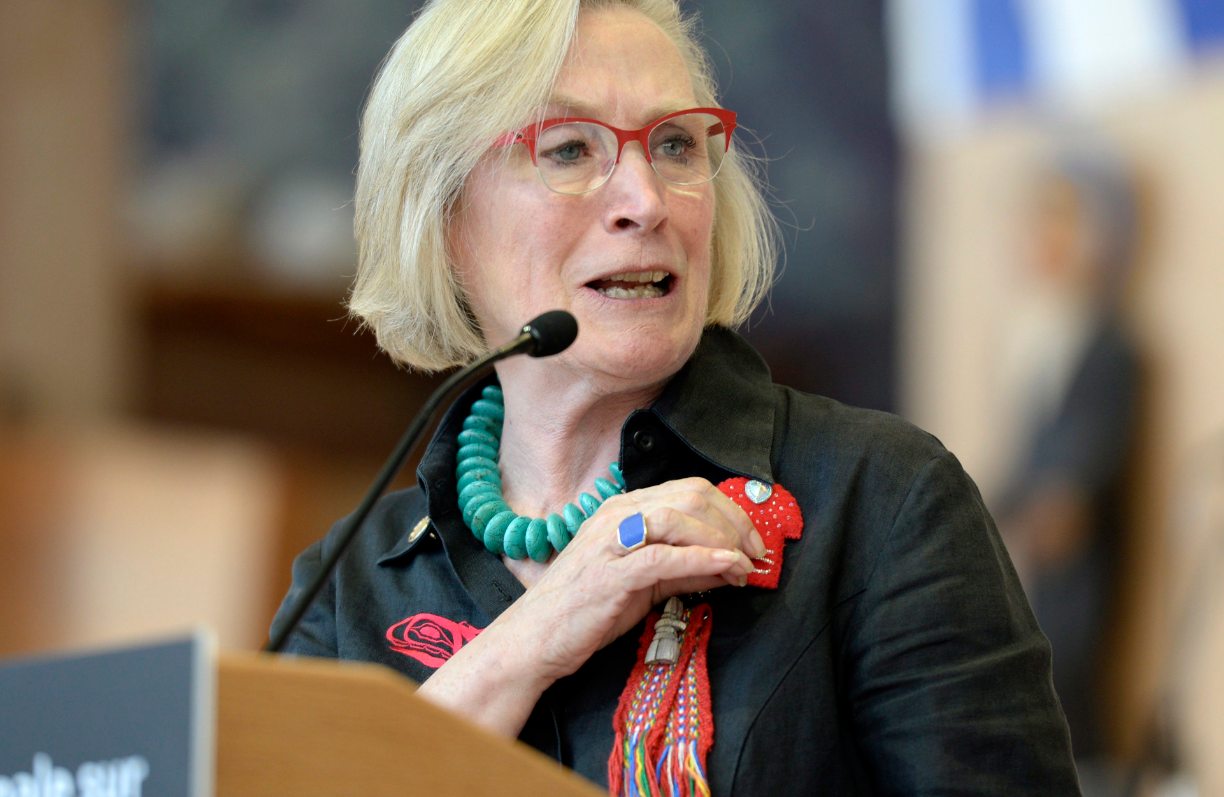
(Justin Tang/The Canadian Press)
But Kudloo says the pandemic is putting women even more at risk of violence and that the action plan is urgently needed.
“The COVID-19 pandemic has put Inuit women and girls in Inuit Nunangat (the Inuit homeland in Canada) and in urban centres at even greater risk of violence and exploitation. It is critical that the National Action Plan is delivered this year.”
Inuit-specific recommendations
Canada’s National Inquiry into Missing and Murdered Indigenous Women and Girls (MMWIG) was announced by Prime Minister Justin Trudeau in 2015 after calls from many Indigenous leaders, groups and organisations to examine the high rates of violence against indigenous women in Canada.
Indigenous women make up 4 per cent of Canada’s female population, but 16 per cent of all women murdered in Canada between 1980 and 2012 were Indigenous, the government says.
The inquiry’s mandate was to examine and report on the systemic causes of violence against Indigenous women and girls as well as how investigations are conducted by authorities. The inquiry also examined violence against the 2SLGBTQQIA (two-spirit, lesbian, gay, bisexual, transgender, queer, questioning, intersex and asexual) community.
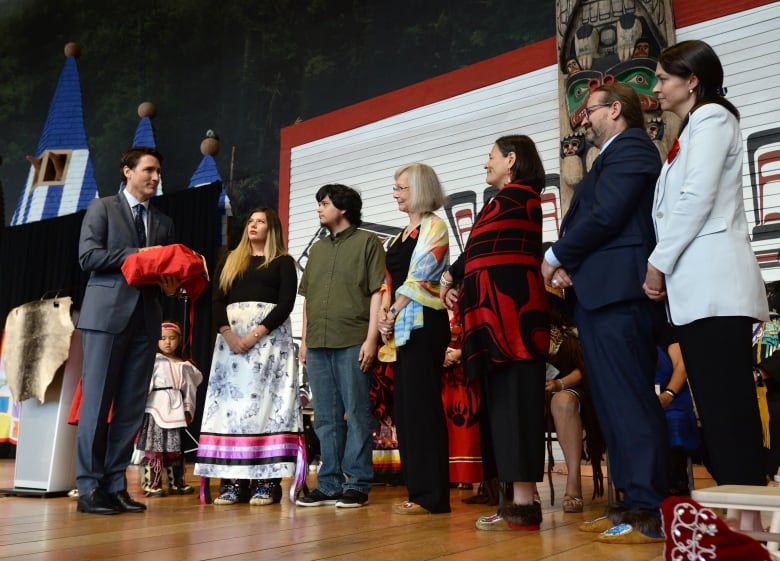
The inquiry was a massive undertaking, spanning each region of the country.
The national inquiry held 15 public community hearings, and visited each of Canada’s northern territories: Yukon in the northwest, the Northwest Territories, and Canada’s eastern Arctic territory of Nunavut. The MMWIG commissioners heard 1484 testimonies from families and survivors during this period of the inquiry. Separate hearings were also held to hear testimony from people working in institutions and from elders, academics, front-line workers and specialists.
When the report was released on June 3, 2019 there were 46 Inuit-specific recommendations, referred to as ‘calls for justice,’ that included everything from the need for better mental health services in the Arctic to the need for urgent action on the housing crisis.
The action plan for implementing the recommendations had been said to be released June 3, on the one-year anniversary of the report.
Native Women’s Association of Canada (NWAC) calls the delay appalling
The Native Women’s Association of Canada (NWAC) also blasted the decision this week.
“The Native Women’s Association of Canada (NWAC) is appalled to learn that the federal government has no timeline for the release of a National Action Plan to address the ongoing violence against Indigenous women,” they said in a news release on Wednesday.
“After a year of almost no consultation with the people who matter – the Indigenous women of Canada – the Minister chose to announce through the news media that no action plan would be tabled in June and there is no timeline for creating such a document.”

NWAC’s President Lorraine Whitman said the pandemic couldn’t be used as an excuse.
“Rather than a national action plan, Indigenous women have been given a lack-of- action plan,” Whitman said. “Indigenous women are still dying and disappearing in Canada, families are still being left in the dark about the loss of their loved ones. The time to act is now, not years or even months from now.”
“We hope the Indigenous women and girls of Canada have not been abandoned.“
Write to Eilís Quinn at eilis.quinn(at)cbc.ca
Related stories from around the North:
Canada: Women in Northern Canada travel farthest to access domestic violence shelters, CBC News
Finland: Swedish-speaking Finnish women launch their own #metoo campaign, Yle News
United States: Alaska reckons with missing data on murdered Indigenous women, Alaska Public Media

